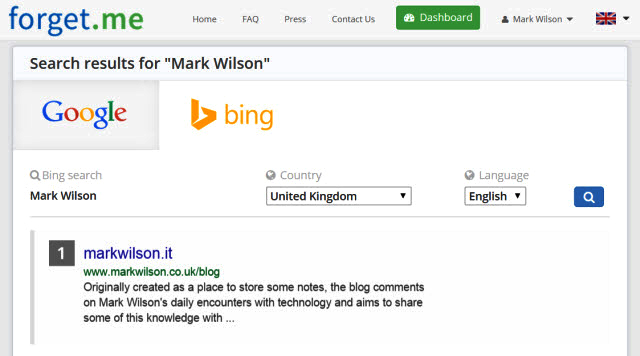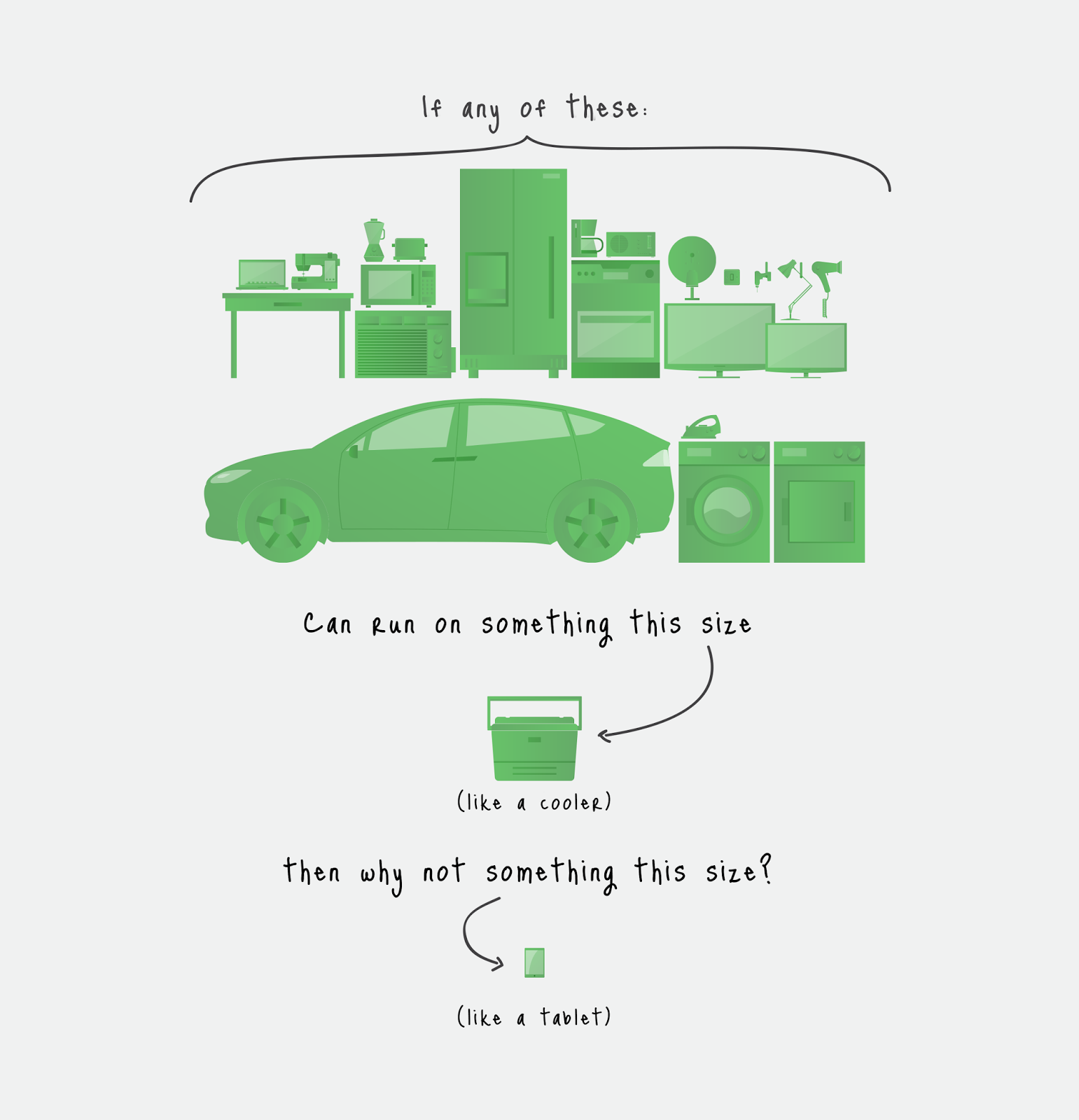
Google brings equality to Gmail -- now supporting non-Latin characters
While email may be falling out of favor with today's youth, I still prefer it as my main means of digital communication. It may be all the rage to send pictures of your private parts on Snapchat, selfies on Instagram and messages to your BFF on Whatsapp, but I'll stick with good ol' electronic mail, thank you very much.
Unfortunately, email hasn't changed very much over the years -- there has not been a lot of innovation. Even worse, email addresses have forever been limited to Latin characters. The problem with this is email and the internet are global and not all countries use Latin characters in their language. If they do, they may also integrate accented Latin characters too, such as an accent (á) or a tilde (ñ). Today, Google is stepping up to bring support for both non-Latin and accented Latin characters, in its very popular Gmail service.

Google email scanning technology catches pedophile sharing abuse photos
The scanning of personal emails is almost universally regarded as a terrible thing. Just like the activities of the NSA, when email providers start rifling through private information, it has a tendency to upset people. The justification for governmental mass surveillance has always been that it helps to combat crime -- and of course we never have to wait for long before the words "terrorists", "extremists", and "attack" are used. Google has just demonstrated how email scanning can be used to catch criminals. In this case, Google's image recognition software was used to identify images of child abuse sent via email by a Texan man.
A 41 year old man was arrested after the system detected suspicious material. The police were alerted and requested the user's details from Google after child protection services were automatically notified of the findings. The convicted sex offender's account triggered an alert after automatic, pro-active scans detected illegal pictures and Google then reported it to the National Center for Missing and Exploited Children. Google is understandably tight-lipped about how its technology works, but as the Telegraph points out, we do already know a little about the methods used.

It is game over for Windows Phone
Microsoft, it is time to reconsider your Windows Phone plans. The tiled smartphone operating system's market share came in at a tiny 2.7 percent in Q2 2014, dropping from the 3.8 percent it claimed in the same period of last year. As a result, Windows Phone saw a 28.94 percent decrease year-over-year in market share, caused by low shipments of only 8.0 million units in the second quarter of the year, 0.9 million units less than in Q2 2013 when its shipments were at the 8.9 million units mark.
The data is from a new report issued by research firm Strategy Analytics, which adds "Windows Phone continued to struggle in the United States and China", the first two largest smartphone markets worldwide. There, Kantar Worldpanel ComTech places the platform at 3.8 percent and 0.9 percent market share, respectively. That is lower than in other markets such as Australia, where Windows Phone was able to reach 5.3 percent market in Q2 2014, as well as some parts of Europe.

Google is reading your email to track hotel visits -- helps you have fun away from home
Traveling and staying in hotels can be quite the adventure -- both good and bad. Of course, the quality of the lodging can determine the overall experience. If you check in and find a dead hooker under the bed, or stains all over the rug, you are going to have a bad time. Conversely, staying in a quality hotel can be quite the luxurious experience. Frankly, I have been on vacations where staying in the big comfy bed all day and watching movies was the highlight. Let's not forget room service -- eating fried mozzarella sticks and dripping marinara sauce everywhere? Who cares, its a hotel! The maid will clean it, right?
Unfortunately, leaving the hotel and looking for something to do in the vicinity can be an ordeal. I mean, going to a restaurant or attraction sight unseen could prove to be hit or miss. Choose the wrong restaurant and you will be stuck on the toilet for the rest of your vacation -- yuck! Today, Google announces that it wants to help users have a good time while on vacation. While that sounds great, the search giant is doing it in a creepy way -- by reading your emails!
Millions of Android devices could be at risk from Fake ID flaw
A newly uncovered flaw in Google's Android OS could leave large numbers of mobile devices at risk from malicious apps that appear to be from trusted developers.
Named 'Fake ID' by Bluebox Security who uncovered it and notified Google of its presence, the vulnerability lets malicious applications impersonate specially recognized trusted applications without any user notification. Although a patch was issued in April it's likely that many devices are still at risk.

Chromebooks going back to school in new ad
Google is making an ever increasing amount of inroads with the education sector. Chromebooks have been finding new homes in many schools over the past year, with institutions either purchasing the devices for students or requiring them to attend with one.
Google is not above taking advantage of this momentum by using it in new advertising, and is doing exactly that with a new video that seems made for TV.

Fake Googlebots used to drive DDoS and other attacks
Googlebots are essential to the smooth running of the search engine, ceaselessly probing websites to ensure that Google stays up to date with the latest developments and site changes.
But for every 25 genuine Googlebots that visit your site you'll also be visited by a fake Googlebot -- more than 23 percent of which are used for DDoS attacks, hacking, scraping and spamming. This is among the findings of security company Incapsula's 2014 Search Engine Study.

Happy first birthday, Chromecast!
It seems hard to believe, but Google’s excellent HDMI dongle celebrates its first birthday today. As I’m in the UK, I wasn’t able to get hold of one from the start (even if I had, many of its features wouldn’t have been available to me due to location) but I own one now, and love it.
When my colleague Brian Fagioli reviewed the Chromecast shortly after launch, he called it "greatness in its infancy", meaning the potential was there, but it was limited, thanks mostly to the lack of Chromecast-compatible apps and services. But what a difference a year makes. There are now hundreds of apps on Chromecast, including HBO Go, ESPN, Songza and more, and Google says there are 6,000+ developers actively working on more than 10,000 Google Cast apps across Android, iOS and Chrome. You can browse the full list of available apps here.

Google is working 9 to 5 -- brings Street View to Dollywood
Dolly Parton is a living legend. Even if you do not love country music, you probably love one of her songs. Hell, she wrote one of the most famous, "I Will Always Love You", which the late Whitney Houston popularized. My personal favorites are "Jolene" and of course, "9 to 5".
Well, it seems like Google is working much harder than a 9 to 5 work day lately, especially when it comes to Street View. The search giant is constantly making a brouhaha over the latest place to which Street View has arrived. Today, it is revealed that Dollywood, the Dolly Parton co-owned theme park, is scoring the Google service.

Forget.me now handles 'right to be forgotten' requests for Bing as well as Google
Back in May, the EU Court of Justice ruled that people have a "right to be forgotten" from search results. Google fairly quickly set up an online form to allow complainants to put forward their case for censoring their appearance in results. It didn’t take long for Microsoft to follow suit, and Bing users were soon afforded the same option.
Forget.me was one service that offered to take care of Google removal requests for people, and at the time CEO Bertrand Girin promised that "if Bing and Yahoo get their Right to be Forgotten forms in order, we’ll be able to provide you with the possibility of submitting your URL to all three search engines at the same time." For Microsoft, that day has come.

Motorola and Google unleash the mark of the beast with Digital Tattoo for Moto X
While I consider myself to be a relatively forward-thinking and open-minded guy, I do not blindly accept everything the media and corporate America shovels in my direction. For instance, I am very hesitant to support Google Glass and self-driving cars. I am hardly a conspiracy theorist -- just a realist in light of Snowden leaks.
Today, Motorola announces a new feature for the Moto X -- unlock with a tattoo. Yes, the company expects users to embrace a skin-worn unlocking method. While I am sure Motorola's intentions are good (I hope), this is not something I plan on utilizing.

Nokia Lumia Icon Windows Phone goes to San Diego Comic-Con
Eighth in a series. What goes around comes around. It's cliché but describes my return to Nokia after abandoning the brand five years ago. I never expected to come back, and the app experience, while a backwater compared to Android or iOS, is little different than when I left. Cameras are great and app selection limited, but it's hugely improved because of Microsoft.
Nokia was in 2009 still the world's mobile handset leader, except for one major market: The United States. As such, Symbian dominated mobile app development, even as iOS rose in prominence. (Remember: Apple opened its app store in July 2008, and the first Android phone shipped a few months later.) But the majority of apps and supporting services, developed by Nokia and third-parties, best suited the rest of the world. Americans had limited choices on the company's handsets.

Little Box Challenge -- Google will pay you $1 million for power inverter shrinkage
On the TV show Seinfeld, George Costanza infamously declared "I was in the pool!" when a woman walked in on him changing clothes and saw him naked. You see, a part of his body got smaller due to swimming in cold water, something he and Jerry dubbed "shrinkage". While that shrinkage is bad, other types are good.
In the technology world, with the exception of displays and monitors, smaller is usually better, as it allows for a smaller footprint. It also allows things to become more efficient, such as die shrinkage with a CPU. Today, Google announces that in conjunction with IEEE, it will pay cash to anyone who can dramatically shrink a power inverter.

Chromebook shipments continue to rise, Acer leads the way
Google's Chromebooks have been making inroads as of late. Many schools have been adopting the platform, and there have even been stories of businesses moving over after the death of Windows XP. The latest numbers released show that this trend is continuing.
TrendForce reveals that shipments of Chrome OS devices have risen to 1.8 million in the second quarter of 2014, with Acer leading the way, ahead of all other OEMs.

Are you Bing-curious? Microsoft's search engine comes to new tabs in Google Chrome
Bing is a wonderful search engine. My love for it is hardly a secret, as I declared my affection earlier today. However, while Internet Explorer is getting better all the time, Chrome is still my preferred browser on Windows, Linux and OS X. Unfortunately, using Bing as the default search engine on Chrome just felt wrong. I pictured Google employees spying on my web activity and shaking their heads in disappointment at my horrible crime.
Of course, that is not really happening (I hope), but still Bing on Chrome felt out of place and third-rate in comparison to Google. Today, this changes as Bing comes to new tabs in the Chrome browser.